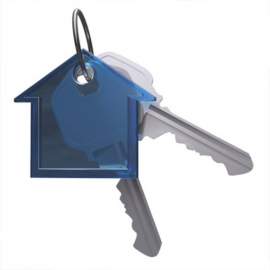
Property Owner at a Glance

A property owner is the individual who currently holds the property rights for a piece of property. In terms of personal property, a property owner is generally the individual currently in physical possession of the item, as property ownership for personal items is not often designated via any kind of legal contract or document.
There are, of course, exceptions, particularly for very valuable property ownership, and just because an individual might not have any document confirming his or her property ownership for a piece of personal property, it does not mean that he or she would cease to be the property owner if a thief were to physically steal the piece of property in question.
Real estate property owners, on the other hand, almost always do have a piece of legal documentation which gives them the property rights towards the real estate property in question. Property owners of real estate thus can always prove their property ownership simply by resorting to this legal documentation, a copy of which is often filed with a government agency for the purposes of taxes and record-keeping.
When property ownership of a given piece of real estate property changes, and there is a new property owner, then the title to that property should change as well, thereby guaranteeing that the individual who obtained the property has the documentation to prove that he or she has that documentation.
Property owners are afforded many rights to their property, such as the rights to sell the property, to rent their property, and to use their property exclusively.
NEXT: Protecting Tenants at Foreclosure Act of 2009



















